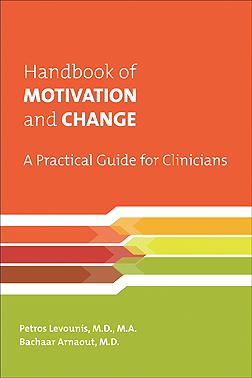Chapter 8.Relapse
Sections
Excerpt
Relapse or recycling (i.e., reentering the cycle of the stages of change) comes about frequently in working with patients who have a history of substance abuse and can be challenging for both patient and clinician. Although many patients graduate from the maintenance stage of change to termination (i.e., remain symptom-free without any further professional help), a significant number of our patients relapse. When a patient resumes substance use after a period of sobriety, treatment can be interrupted and the patient may not return. In many cases, however, he or she does return for help and the opportunity emerges to restart treatment work together.
Access content
To read the fulltext, please use one of the options below to sign in or purchase access.- Personal login
- Institutional Login
- Sign in via OpenAthens
- Register for access
-
Please login/register if you wish to pair your device and check access availability.
Not a subscriber?
PsychiatryOnline subscription options offer access to the DSM-5 library, books, journals, CME, and patient resources. This all-in-one virtual library provides psychiatrists and mental health professionals with key resources for diagnosis, treatment, research, and professional development.
Need more help? PsychiatryOnline Customer Service may be reached by emailing [email protected] or by calling 800-368-5777 (in the U.S.) or 703-907-7322 (outside the U.S.).



